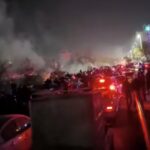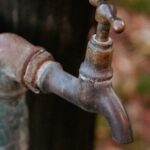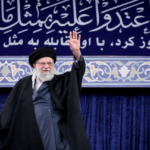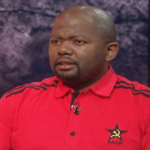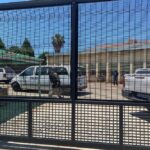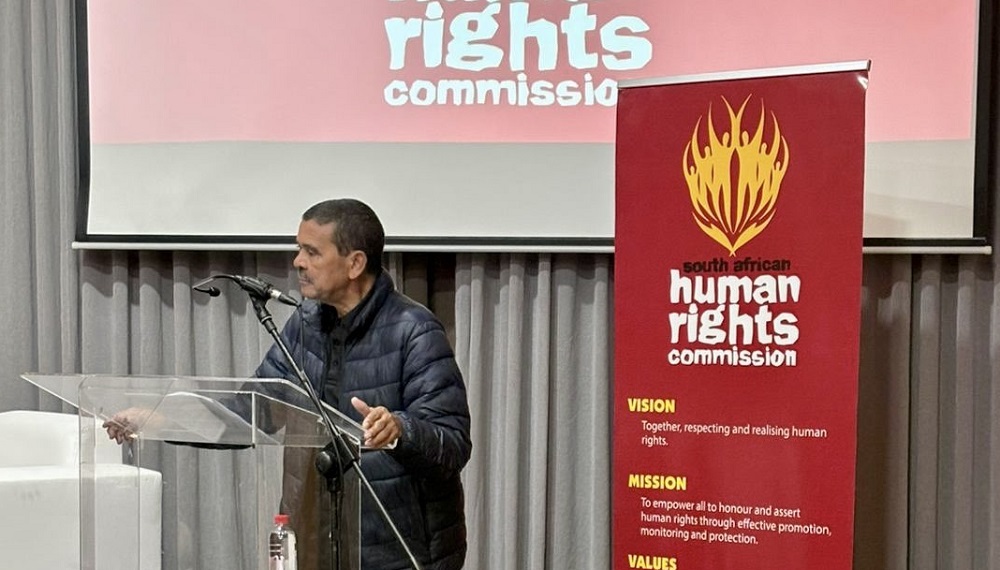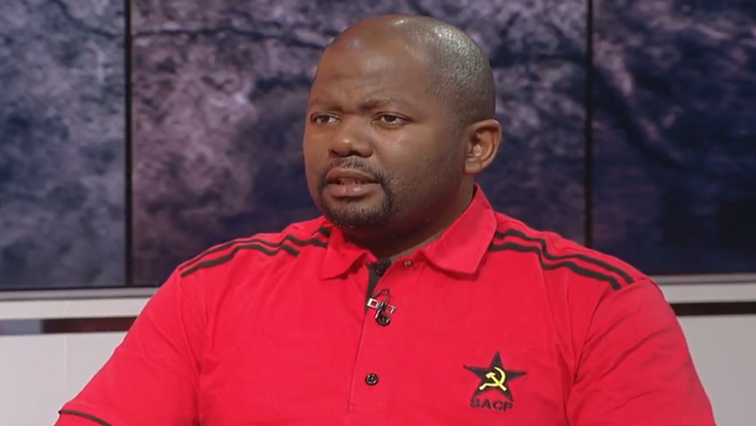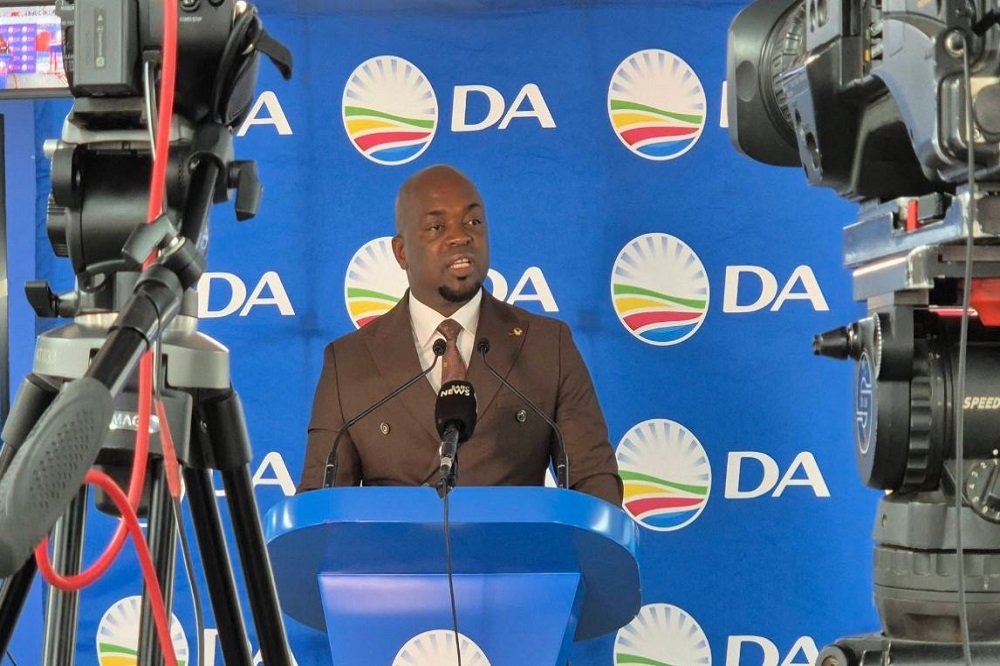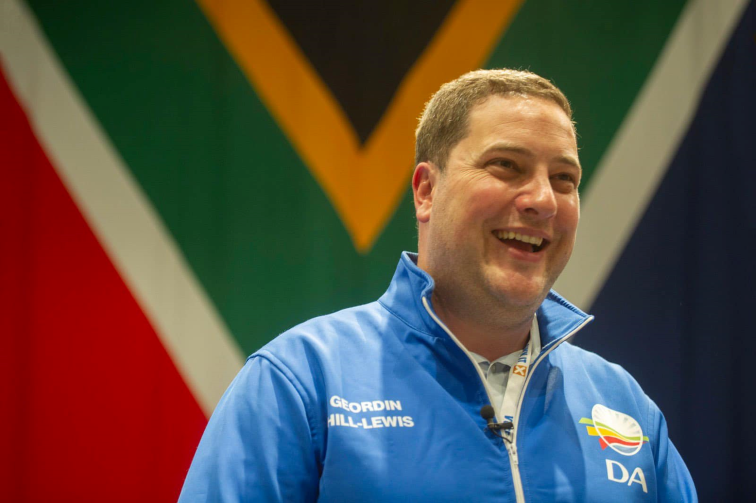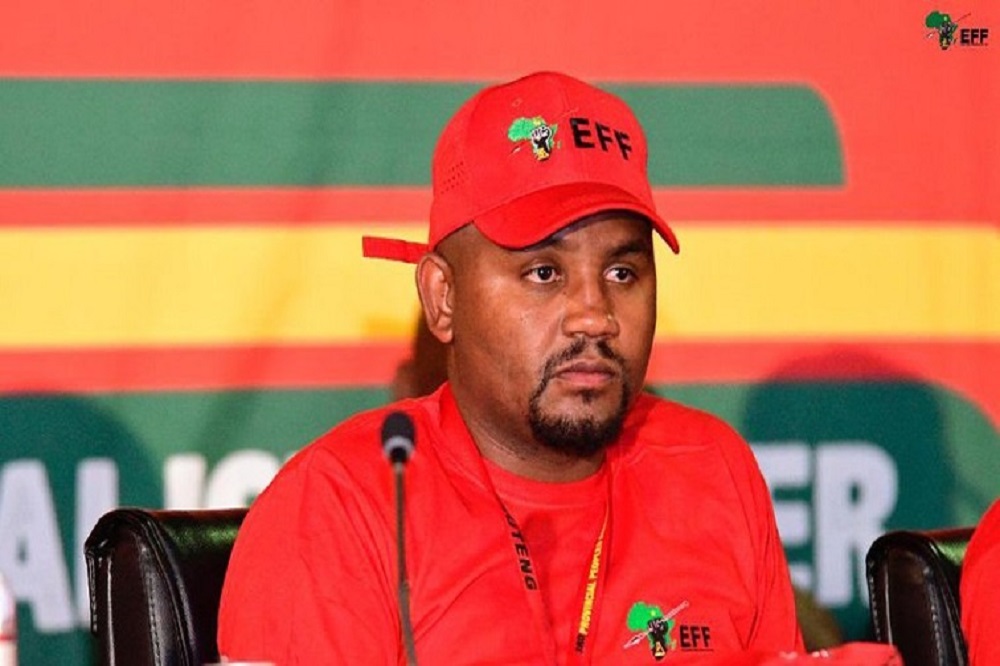-
SAHRC Chairman Rev. Chris Nissen
The South African Human Rights Commission heads call that utterances made on the “Open Chat Podcast” should be addressed at the National Dialogue.
The National Dialogue is a citizen-led process and is a chance for all South Africans from all walks of life to come together and help shape the next chapter of our democracy.
SAHRC Chairman Rev. Chris Nissen says the comments made in the clip come at a bad time when South Africa is seeking social cohesion and patriotism.
“Without inclusivity of all those in this country to be recognised that they are being recognised, you will not have a successful national dialogue. And therefore, this is one of the cornerstones is to say how do we build the patriotism, how we build a South Africa that everybody even if we disagree, even if we belong to different political parties, even if we speak different languages, even if we belong to different denominations or religion but we must recognise ourselves as proudly South African.”
Controversial podcast elicits strong reaction
While some young people believe the reactions to the podcast are much ado about nothing, others feel that there should be no place in South Africa, with its painful and divisive history, for the kinds of utterings made.
Ethan Bowman says, “I’m not offended because we are in a country where freedom of speech is ok, but I feel like you must always watch what you say because people do take offence, some people don’t, that’s my take on it.”
“I feel like they normally talk a lot of mad stuff on there, that’s just their view, man. That’s how they see it. But we don’t chow our cousin’s man, we don’t chow our families,” says Ejaas Smith.
Mpho Nthako says, “I personally think it’s a nice show, they are just making their own thing, but for this current incident, that they made, I think they should just humble themselves and go and apologise to the coloured people for what they said, but otherwise their show there’s nothing wrong with their show.”
“It’s ridiculous that people can say such things and claim it’s just free speech. Because it’s very easy to say what’s on your mind, but you can also keep it to yourself, not everything has to be blurted out, especially not the way he did on that podcast, saying something as derogatory and so generalising, it’s like what’s the point?” says Aran Helm.
Media Statement: South African Human Rights Commission (SAHRC) investigates concerning remarks made on Open Chats podcast pic.twitter.com/rHJXQPc6VE
— SAHRCommission (@SAHRCommission) August 8, 2025
The laments expressed by the youth highlight the impact of the non-regulation of podcasts.
“They were wrong about what they said, but I think the ones dealing with the issue are taking it too far, they should have been corrected in such a way that they have educated them and educated other people also who thinks like the people who talked on the podcast, not to go to court, cancel them or so because this just escalates the hate between these two races,” says Vuyolwethu Bukhosini.
Jana-Louise Greyling says, “That was a crazy take, Ok, applying such a stereotype to just one group of people that’s not even true at all. I mean, have we learnt nothing, being inclusive to everyone?”
“They are shedding their opinions at the end of the day but i feel like there’s things that need to be kept to yourself because they have a lot of viewers and young people like most of the time we get influenced by what they say so I don’t think it was a good thing that they did,” says Siyabonga Ngomane.
Importance of regulating podcasts in SA: William Bird shares views

